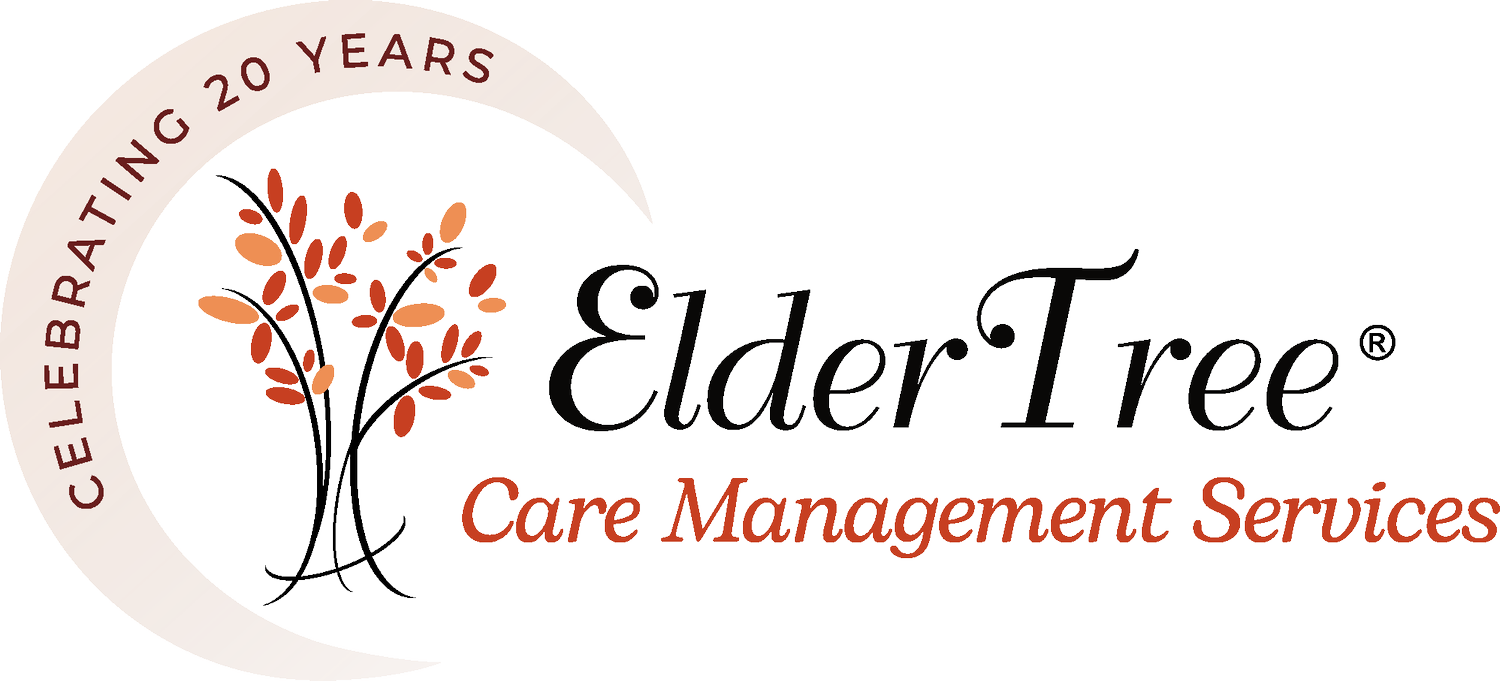Common Elder Fraud Scams
The Financial Fraud Enforcement Task Force defines elder fraud as an act of targeting older adults in attempts to deceive them with promises of goods, services, or financial benefits that do not exist, were never intended to be provided, or were misrepresented.
According to the U.S. Senate Special Committee on Aging, older adults lose around $2.9 billion per year in financial fraud and scams.
Scammers use very convincing stories that sound legitimate, making it easy for anyone to become a target of their scam.
Here are some of the most common scams:
Government Impersonation Scams: Caller will claim to be from a government agency such as the Social Security Administration, Federal Bureau of Investigation, Internal Revenue Service, U.S. Marshall, etc., and threaten to arrest or prosecute victims unless they agree to provide some sort of payment. Most scammers will ask victims to get gift cards from Walmart, Walgreens, Amazon, eBay, or other drug stores and will ask them not to tell anybody about the call. Other forms of payments can also include cash, wire transfers, bitcoin, etc.
Romance Scam: Scammers will pursue their victims through dating websites or social media (Facebook and Instagram). Victims fall for romantic partners because scammers will profess strong feelings for them after a few contacts and will ask to chat with them privately through telephone/email/text. Once the scammer has the victim’s trust, they will make up a fake story and ask for money in the form of a gift or will ask for their bank account information.
Grandparent Scams: The caller will claim to be a family member, usually a grandchild, or they will claim to be an individual who is representing the grandchild (such as a lawyer or law enforcement agent) and state that they have been in an accident. The caller will ask the victims to provide them with funds that will be used as bail money or some other false expense.
Sweepstakes/Charity/Lottery Scams: Caller will claim to represent a charitable organization (such as Publishers Clearing House) and tell the victims that they have won a lottery or sweepstakes. Then they will ask the individual to pay a fee and taxes in order to claim their prize.
Computer Tech Support Scams: Scammers will act as a computer technology support representative and offer to fix non-existent computer issues. While victims are on their computer, a pop-up/blue screen will appear on their computer with a warning sign that a virus has infected their device. They will provide victims with a toll-free number to call to get technical help. They will claim to be from Apple, Google, or Microsoft and will ask the person to pay for tech support through wire transfers or gift cards. Some scammers will also gain access to their victims’ bank account.
Identity Theft: Scammers will use victims’ personal information such as their name, social security number, or credit card number to commit fraud. Most scammers will make big purchases using victims' credit cards, or open a new bank account.
Home Repair Scam: Scammer will come to knock at the victim’s door. They will state that they can fix a leaky roof, fix the driveway, clean air ducts, or provide the latest energy-efficient solar panels. They might do home visits right after some natural disaster. They will ask for payment upfront, either cash or check. They will act like they are working to fix the house but never make the repairs. Victims will try to contact the company/individual but they will never hear back.
Family/Caregiver scam (Elder Financial Abuse): Family members or caregivers of the Elder will take advantage of them by getting access to their credit card or bank account information.
It is very important to never give out personal information to anyone you do not know and to keep in mind that government agencies and credit card companies will not directly call people asking for personal information or financial access to their accounts!
Most of the phone scams can be reported to the FTC (Federal Trade Commission) and other scams which originate online can be reported to the FBI (Federal Bureau of Investigation).
—Suchita Basnet, MS, Associate Care Manager
Resource: Helpful videos on how to stop unwanted calls.

